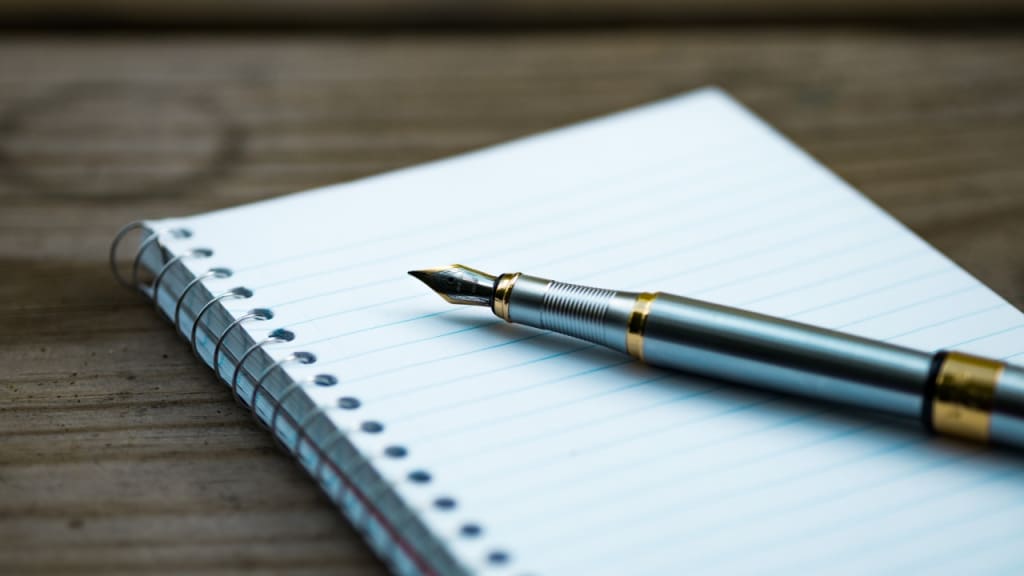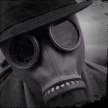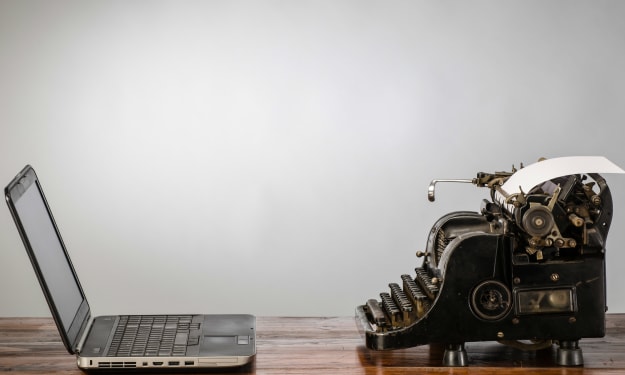A Good Pen
Pen and Paper: The Hammers and Anvils of Intellectuals and Creatives. It's important to know which ones work best for you. And yet, how important are they exactly?...

The mental image is one we all know well: a writer, sitting in a study, surrounded by mounds of books and hastily scrawled upon pages tacked onto the walls, with perhaps a cat, coffee, or even an overflowing ashtray thrown in, bent over a notebook, hand jammed into thick hair.
Picture now, if you will: it comes naturally, right? Of course, we all have variations, but that's how writing works—as Stephen King once said, it's imperfect telepathy.
Now that you have this image in your head, I'd like you to ask yourself: what is the centerpiece? Not the aforementioned books or pages, no, those are only elements to the background, important, but not vastly so.
Let's try something else: what can be taken away from this scene, but leave it whole? In other words, what can be snipped out from this picture, mind wielding massive time-space severing scissors, but leave it all still understood to be a writer's study?
The books can go, the pages can, the walls and wallpaper can go, and so even can the cat, the coffee, and the ashtray; even the author.
What have we left? The desk, the notebook, and the pen.
Hell, let's take away the desk, too.
There we are. There, suspended in oblivion, we have that which defines a writer to any external onlookers, the most essential and defining writer's tools.
And sure, most writers today will be using a computer or possibly even a typewriter, but narrowed down to these two items, there can be no mistake: he who carries them, and he who uses them in restaurants, in the park, on the beach, or in his home, is a writer.
Or maybe not.
Let's continue on with our experiment. Let's take that notebook, and give it graphed pages. Let's take that pen, and make it a pencil. Then things get muddled a bit. Maybe he's an engineering student, drawing schematics. Or maybe an architect or something of the sort. Possibly a mathematician.
But this isn't so true. He could still very well be a writer, but with this mental image, our preconceived associations and cognitive biases are proven ill-placed.
Let's put things back as they were, me directing you a little more this time.
The notebook, full of thin blue grids, is now a thick one, blank-paged and bound in leather. And that pen, is now a fountain pen — simply-constructed and colored black, reflecting the light filtering through the window, with a golden and silver nib.
That's better. A writer. And nothing else.
This is how the writer is perceived, and many writers don't mind, because fountain pens are very good at writing—not to mention very customizable—and leather makes a good bookbinding material.
But what am I talking about? Why does this matter? As I said before, a writer can write on and with whatever he damn well pleases. It doesn't have to be a fountain pen. It could be a pencil or a cheap ballpoint pen, or even a crayon, like James Joyce reportedly used to draft Finegan's Wake.
And that is what I'm talking about.
The leather notebook and the fountain pen are what we think of when we think of a writer, and the leather notebook and the fountain pen are what the writer thinks of when he thinks of a writer, that is, himself.
But why is this so? I couldn't tell you, for sure, but I can tell you this: one of the great many reasons my long-held aspirations for being a writer—a novelist, in particular—have only just now begun to take hold, is because the image I had in my head of a writer was unattainable for some time.
I decided to myself, sort of unintentionally, that in order to write to the best of my ability, and to be the most inspired, I needed a nice notebook, and a fountain pen — which is quite stupid, of course.
And I do have both of those things, now, but what should have occurred to me is that the best writers don't care about such things. To be sure, if the writer likes his fountain pen and is most comfortable with it, he is likely to write a little better with one in his fingers, but if he is to be a successful writer, or at the very least, a productive one, he must learn to use whatever is within an arm's reach.
Many great and famous stories were written upon napkins, cheap legal pads, and even cheaper index cards, with the sort of pens one could easily find on the ground.
And so, with this, we can see that, while maximum comfort with one's tools is desirable, it is less important than one may realize.
About the Creator
D.C. Perry
Collector, cataloger and curator of elusive emotions, collapser of quantum wave functions, explorer of perception, and student of the human condition.






Comments
There are no comments for this story
Be the first to respond and start the conversation.